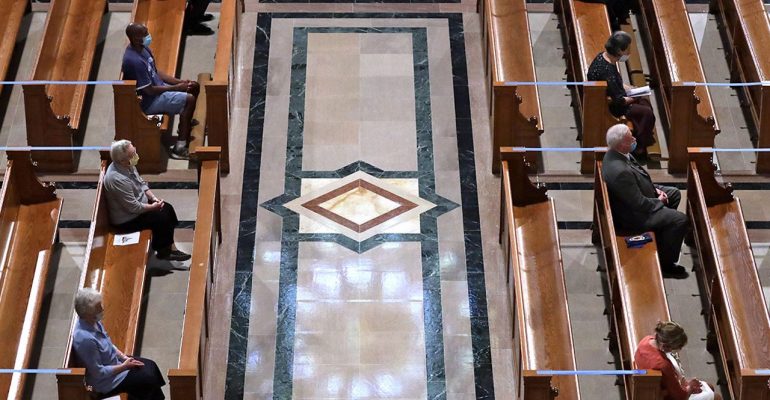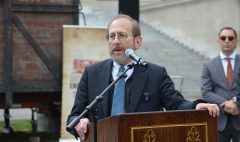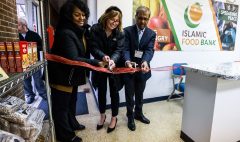Americans oppose religious exemptions from coronavirus-related restrictions
August 7, 2020 2023-06-23 16:40Americans oppose religious exemptions from coronavirus-related restrictions

Americans oppose religious exemptions from coronavirus-related restrictions
Few regular worshippers say their congregations are operating normally, and most support the precautions being taken.
A new Pew Research Center survey finds that U.S. adults overwhelmingly say houses of worship should be required to follow the same rules about social distancing and large gatherings as other organizations or businesses in their local area. About eight-in-ten Americans (79%) take this position, four times the share who think houses of worship should be allowed more flexibility than other kinds of establishments when it comes to rules about social distancing (19%).
On this question, Americans seem to align with two recent Supreme Court orders, which rejected lawsuits claiming that state restrictions on worship violated the First Amendment’s guarantee of religious freedom. At the same time, many state and local governments have carved out exemptions for religious institutions from pandemic-related restrictions.
Among U.S. Christians, about three-quarters say churches should be subject to the same rules as other businesses. Evangelical Protestants express the most support for giving houses of worship more flexibility, but even in this group, a 62% majority says houses of worship should be held to the same standards as other businesses and organizations (see Chapter 1 for more details). And while Democrats and those who lean toward the Democratic Party are substantially more likely than Republicans and Republican leaners to say houses of worship should be required to follow the same social distancing rules as other organizations, a two-thirds majority of Republicans also express this view.
In addition, amid reports that some clusters of the virus have been tied to religious gatherings, many Americans who regularly attend religious services express support for instituting a variety of restrictions and modifications at their own places of worship. At the time the survey was conducted (July 13 to 19), only 13% said their house of worship should be open to the public just as it was before the outbreak
More than eight-in-ten attenders think their own congregation should either be closed altogether (28%) or open only on a modified basis (57%), with this latter group broadly endorsing precautions such as requiring people to stay 6 feet away from each other (51%), requiring masks (44%), limiting the number of people in attendance at any one time (41%) and limiting communal singing (29%).
Source: Pew Research Center








